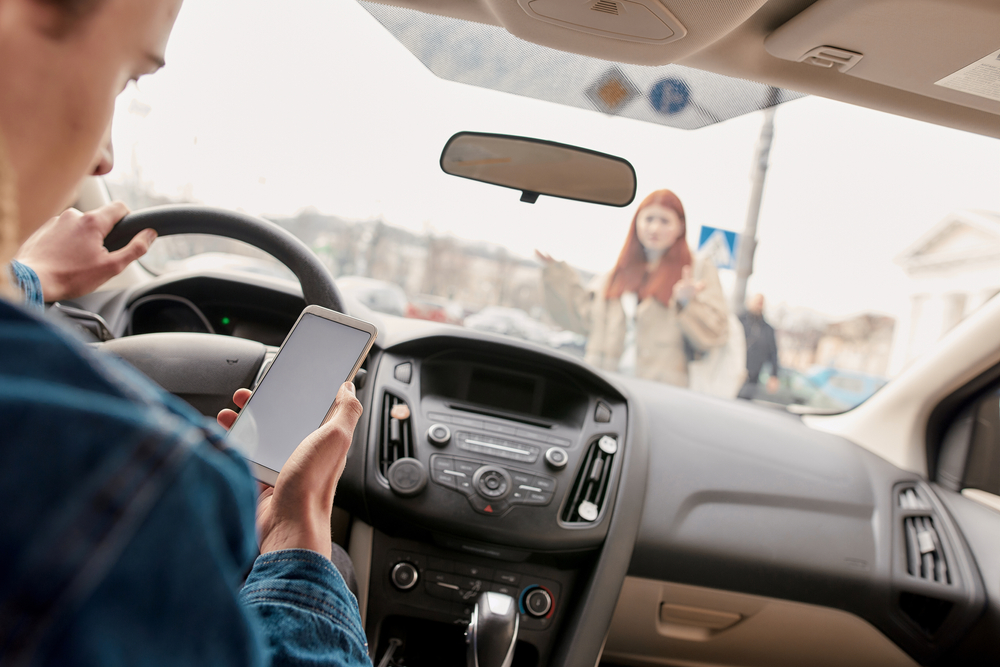
Driving after sustaining a concussion involves significant risks due to the potential impairment of cognitive and motor functions. A concussion is a form of mild brain injury that occurs when your head is hit with enough force to cause the brain to move violently within the skull. This can lead to a variety of symptoms, including dizziness, confusion, blurred vision, and delayed reaction times.
Navigating a vehicle safely requires you to be alert and responsive, abilities that can be severely affected following a concussion. In Nevada, as in other places, safe driving is not only about obeying traffic laws but also about being in a proper state of health to operate a vehicle. Because symptoms can vary greatly and may even impair your judgment without you realizing it, it is generally advised that you refrain from driving until a medical professional, someone with expertise in evaluating and managing concussions, has cleared you to do so.
After a concussion, it is crucial to prioritize your recovery and safety, along with that of others on the road. Even if you feel capable, it’s important to consider that certain concussion symptoms can suddenly worsen, making driving any form of vehicle unsafe. If you have or suspect you have a concussion, seek immediate medical attention to get a proper diagnosis and treatment plan before deciding to drive.
Understanding Concussions
A concussion is a type of brain injury that occurs due to a blow to the head or body, impacting your brain function. It’s crucial to recognize the symptoms of a concussion and understand how it is diagnosed to manage your health effectively.
Symptoms of a Concussion
- Physical Symptoms:
- Headache or a feeling of pressure in the head
- Nausea or vomiting
- Dizziness or “seeing stars”
- Blurry vision
- Sensitivity to light or noise
- Fatigue or drowsiness
- Trouble with balance or coordination
- Cognitive Symptoms:
- Confusion or feeling as if in a fog
- Amnesia surrounding the traumatic event
- Difficulty concentrating
- Slowed thought process
- Memory problems
- Emotional Symptoms:
- Irritability
- Depression
- Anxiety
- Mood swings
- Sleep Disturbances:
- Sleeping more than usual
- Trouble falling asleep
If you experience these symptoms, it is essential to seek medical attention.
Diagnosing a Concussion
A healthcare professional will conduct a physical exam and gather a complete medical history. They may utilize the following methods:
- Neurological Evaluation:
- Assessing vision, hearing, strength, touch, balance, and reflexes.
- Cognitive Testing:
- Evaluating your concentration, memory, and ability to recall information.
- Imaging Tests:
- Occasionally, CT scans or MRI scans are used to examine for brain injuries.
Do keep in mind that while concussions generally do not cause permanent brain damage, they do require time to heal. It’s crucial for you to follow medical advice and avoid activities, such as driving, that could jeopardize your safety or that of others until fully recovered. If you’re in Nevada or any other state, adhere to local guidance and laws regarding driving or operating machinery following a concussion.
Driving Considerations Post-Concussion
Deciding when to resume driving after a concussion requires careful consideration of your cognitive and motor abilities. It’s important to understand the risks and legal implications, particularly in states like Nevada, where specific guidelines may influence your decision.
When to Resume Driving
If you’ve experienced a concussion, your ability to drive safely could be compromised. Resumption of driving should only occur when:
- You have been symptom-free for a significant period, as symptoms like headaches or dizziness can impair driving ability.
- Cognitive functions critical to driving, such as attention and reaction times, have normalized.
Health professionals typically recommend waiting at least 24 to 48 hours post-injury before considering driving again. However, each case is unique, and some individuals may require a longer recovery period.
Risks of Driving with a Concussion
Driving with a concussion poses significant risks not only to yourself but to others on the road. When concussed:
- Your reaction times may be slower.
- You might experience issues with vision or depth perception.
- Concentration could be difficult, increasing the chance of missing important cues while driving.
Given these impairments, you risk causing a motor vehicle accident, which can lead to legal consequences or personal injury.
Legal and Medical Guidelines in Nevada
In Nevada, while there are no explicit legal restrictions for driving post-concussion, doctors typically advise:
- Waiting until you’ve been fully evaluated and cleared by a medical professional.
- Following the State’s Medical Advisory Board recommendations for individuals with medical conditions that could affect driving abilities.
Table: Summary of Driving Post-Concussion for Nevada Residents
| Aspect | Consideration |
| Medical Clearance | Required from a healthcare provider |
| Symptom-free Period | At least 24-48 hours recommended |
| Cognitive Function | Must return to normal to ensure safe driving |
Always consult with your healthcare provider for personalized advice and follow any instructions they provide for a safe return to driving.
If you are looking for legal advice and awareness on Las Vegas Personal Injury Lawyer or Las Vegas Car Accident Lawyer click here to contact us.
